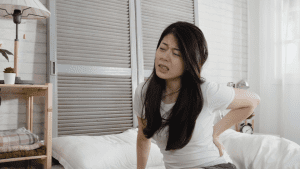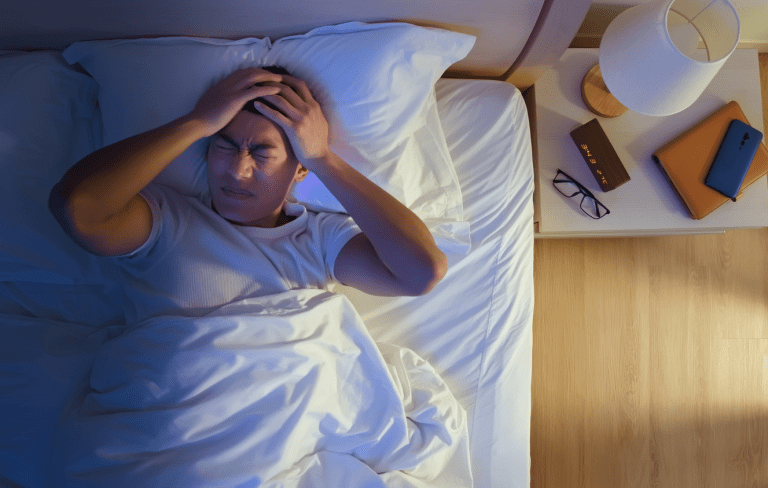
If you often find yourself tossing and turning at night, unable to fall asleep, you’re not alone. Sleep issues are increasing common in Singapore. According to ResMed’s fifth annual Global Sleep Survey, one in three Singaporeans report struggling with poor sleep — significantly higher than the global average of 22 percent.
This isn’t surprising, given the demanding work culture, long hours, and constant digital distractions many of us face. Living in a high-stress, fast-paced environment makes it harder to wind down, and quality rest often takes a back seat.
Unfortunately, poor sleep doesn’t just leave you feeling tired, it can affect your focus at work, strain personal relationships and even compromise your safety, especially if you drive or handle machinery.
1. Screen Time before Bed
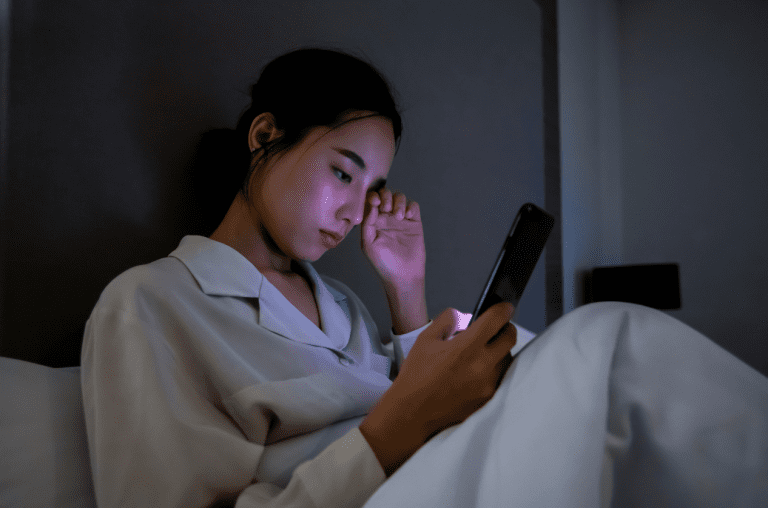
Whether you’re catching up on the latest K-drama, scrolling through social media, or replying to work emails, using electronic devices before bed can overstimulate your mind and interfere with your ability to fall into deep, restful sleep. The blue light emitted from screens suppresses melatonin, the hormone that helps regulate your sleep-wake cycle which can throw off your natural body clock and make it harder to both fall and stay asleep.
This practice is widespread in Singapore, especially among youth. In fact, one in two Singaporean youths has been found to have problematic smartphone use, and using mobile phones before bed has become a common habit. The concern is particularly relevant here given Singapore’s always-connected, tech-driven lifestyle.
2. Sleep Disorders
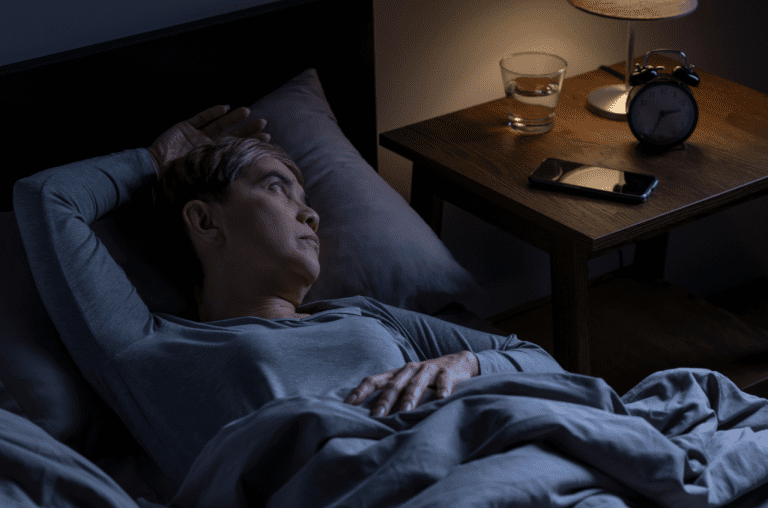
If you often find yourself waking up in the middle of the night or struggling to stay asleep, it may be worth considering whether there’s an underlying sleep disorder at play.
In Singapore, insomnia is also believed to be one of the most common sleep disorders, often linked to high stress levels, irregular schedules, and screen exposure. Chronic insomnia is typically defined as having trouble falling asleep, waking up too early, or waking during the night and not being able to fall back asleep at least three nights a week for a month or longer. It’s also often accompanied by fatigue, difficulty concentrating, low mood, or memory issues.
Another condition to be aware of is Restless Leg Syndrome (RLS), a neurological disorder that causes uncomfortable sensations in the legs, especially at night. The urge to move or rub your legs may offer temporary relief, but the symptoms can worsen during periods of rest or sleep, disrupting your ability to relax.
Obstructive Sleep Apnoea (OSA) is another common but often undiagnosed condition, where the airway becomes blocked during sleep. This can lead to loud snoring, interrupted breathing, choking or gasping during the night, and excessive daytime tiredness. In Singapore, sleep apnoea has gained more awareness in recent years, particularly due to its links to cardiovascular issues and lifestyle factors like obesity.
If you or someone you live with has noticed symptoms like these, it’s a good idea to consult a doctor or sleep specialist. Early diagnosis and treatment can significantly improve sleep quality and overall wellbeing.
3. Cognitive or Emotional Issues
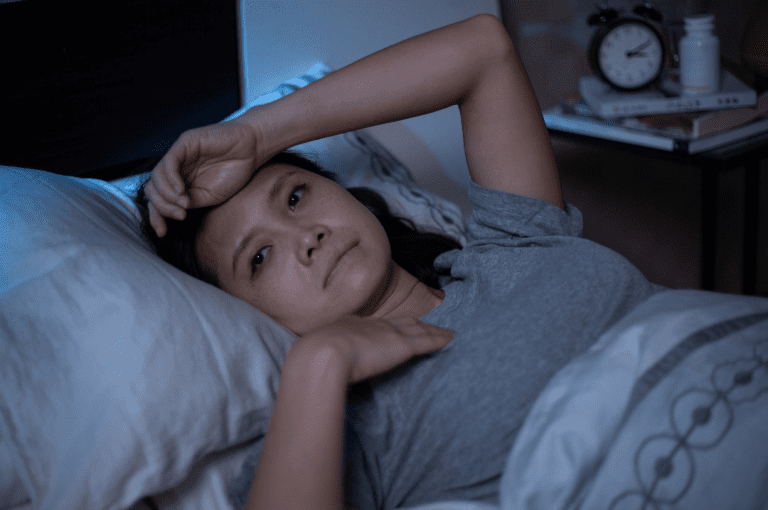
Cognitive and emotional factors can play a significant role in disrupting sleep and it happens more often than many people realise. Stress, anxiety, low mood, and constant worrying can heavily influence sleep patterns. When your mind is overactive and stuck in a loop of negative thoughts, it’s difficult to relax enough to fall or stay asleep.
If this sounds familiar, consider building calming habits into your evening routine to help your mind unwind:
- Write a gratitude list: Take a few minutes each night to note down 3 things you’re grateful for. This simple practice can shift your mindset from stress to appreciation.
- Read positive affirmations: Ending your day with calming, reassuring statements can reduce anxiety and ease mental tension.
- Create a relaxing bedtime routine: Whether it’s reading a book, sipping caffeine-free tea, applying moisturiser, or stretching for 10 minutes, having a consistent wind-down activity signals your body that it’s time to rest.
- Try nighttime meditation: Meditating in the evening can help you feel calm, centred, and ready for sleep. Even a short session can slow down racing thoughts and reduce stress.
Incorporating these simple practices into your nightly routine can help you reset your body clock.
4. Other physical reasons
Other common reasons for disrupted sleep include physical discomfort or underlying health conditions. In Singapore, one in two respondents reported waking up with back, joint, or muscles pain– often due to poor spinal alignment during sleep. This highlights how the physical environment, particularly your mattress, plays a key role in sleep quality.
We spend roughly a third of our lives in bed, so the support and comfort we get while sleeping directly affects how well we rest and how our body feels the next day. If you’re waking up with aches and pains, it might be worth reviewing the type of mattress you’re using. A good mattress should provide proper spinal support while also offering enough comfort to relieve pressure on common tension points like shoulders, hips, and lower back.
If pain persists or worsens, it’s important to consult a doctor to identify any underlying health issues. But for many, simply improving your sleep setup can make a noticeable difference in how you sleep and feel.
If you need help figuring out which kind of mattress is right for you, try our online Mattress Selector tool.

Not sure what mattress is right for you?
Discover your perfect Sealy by using our mattress selector tool. Simply answer a few questions and we’ll recommend the right mattress based on your unique sleep profile.
5. Environmental Factors
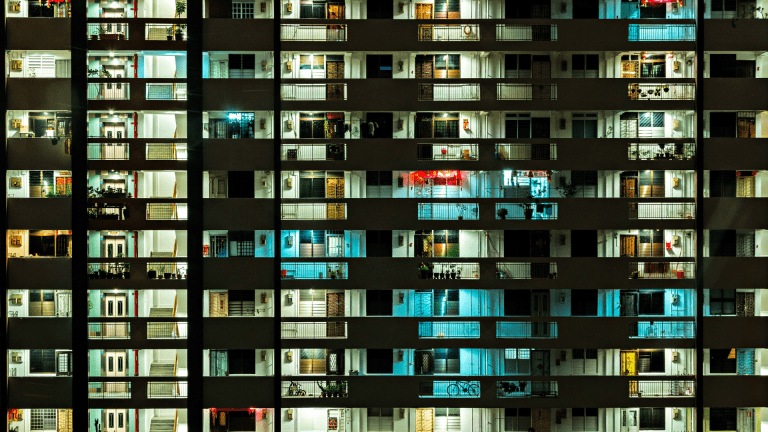
Lastly, environmental factors can also interfere with a good night’s sleep. In Singapore, 50% of survey respondents said they wake up easily due to noise, while 27% are disturbed by light. With common road sounds like traffic, neighbours, or corridor activity especially in HDB estates it’s no surprise that many find it hard to stay asleep.
To reduce these disturbances, consider using blackout curtains to block out streetlights or early morning sunlight, earplugs to muffle noise, or a comfortable eye mask to shield against light. Small adjustments to your sleep environment can go a long way in helping.


